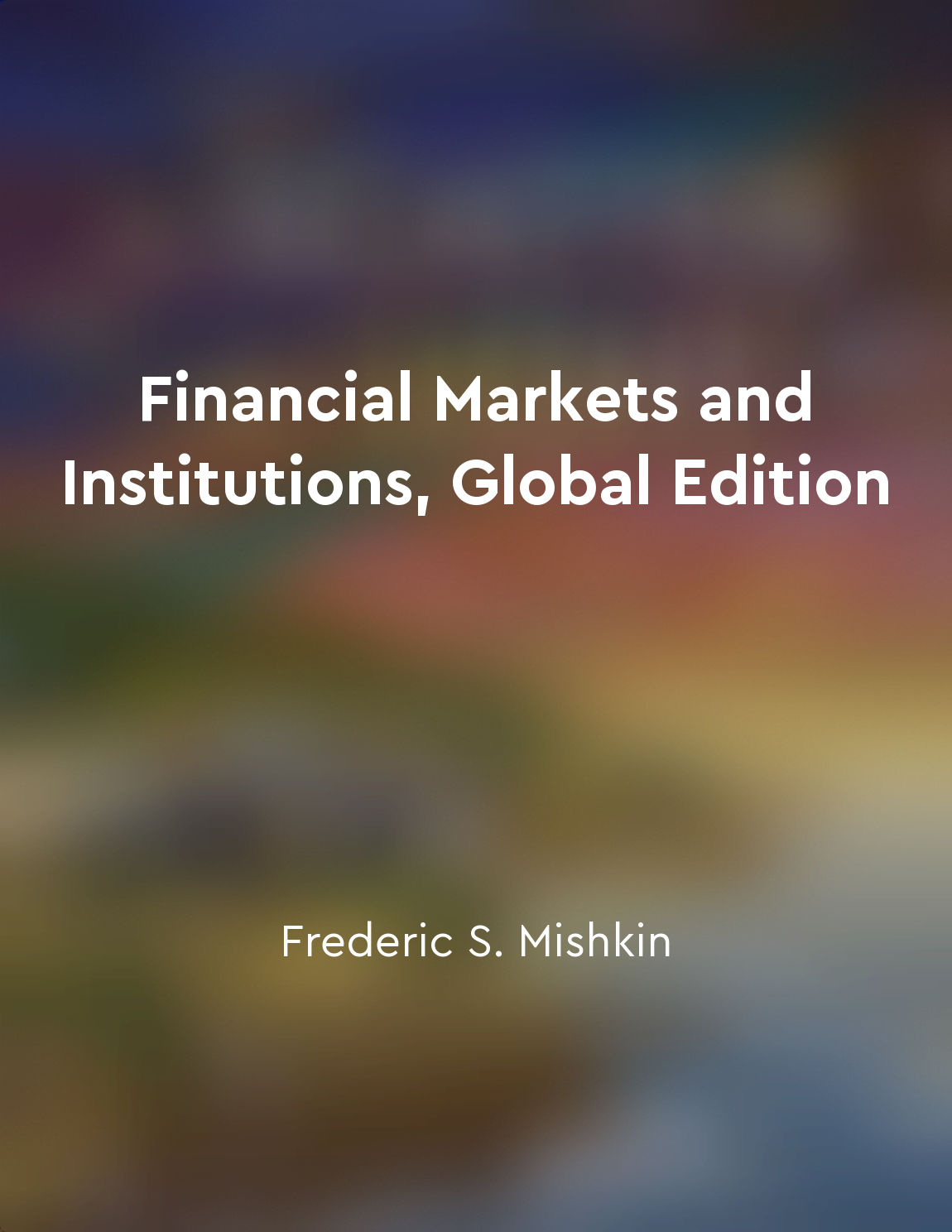Consumer spending declined from "summary" of The Great Crash 1929 by John Kenneth Galbraith
The decline in consumer spending was a pivotal factor in the economic downturn of 1929. As people began to lose confidence in the market, they naturally became more cautious with their money. This caution manifested in reduced spending on goods and services, which in turn had a cascading effect on businesses and the overall economy. As consumer spending declined, businesses saw their profits dwindle. With fewer people buying their products, they were forced to cut costs, which often meant laying off workers. This only served to exacerbate the problem, as unemployed workers had even less money to spend, further contributing to the decline in consume...Similar Posts
Lessons learned
In the aftermath of the financial crisis of 2008, the concept of learning from past mistakes was at the forefront of many discu...

Market contagion can spread rapidly during times of uncertainty
During periods of uncertainty, market contagion has the potential to spread rapidly across financial markets. This phenomenon o...
Aggregate demand drives economic activity
The level of economic activity in a country is determined by the total amount of goods and services that households, firms, and...
Debt forgiveness can promote sustainable growth
Debt forgiveness has the potential to create a virtuous cycle of sustainable growth. When households and businesses are burdene...
Coordination needed for economic stability
In the complex web of economic activities, a certain degree of coordination is necessary for maintaining stability. Without thi...
Government intervention was necessary
The events leading up to the crash of 1929 made it abundantly clear that the unregulated nature of the financial markets was a ...
Regulatory reforms were implemented
In response to the financial chaos that followed the Crash of 1929, a series of regulatory reforms were introduced. These refor...

The financial crisis was a result of greed and ignorance
The financial crisis wasn't caused by chance or bad luck. It wasn't a random event that no one could have foreseen. It was a re...
Consumer surplus measures consumer benefit
Consumer surplus is a concept that reflects the benefit consumers receive from purchasing a product or service. It represents t...
